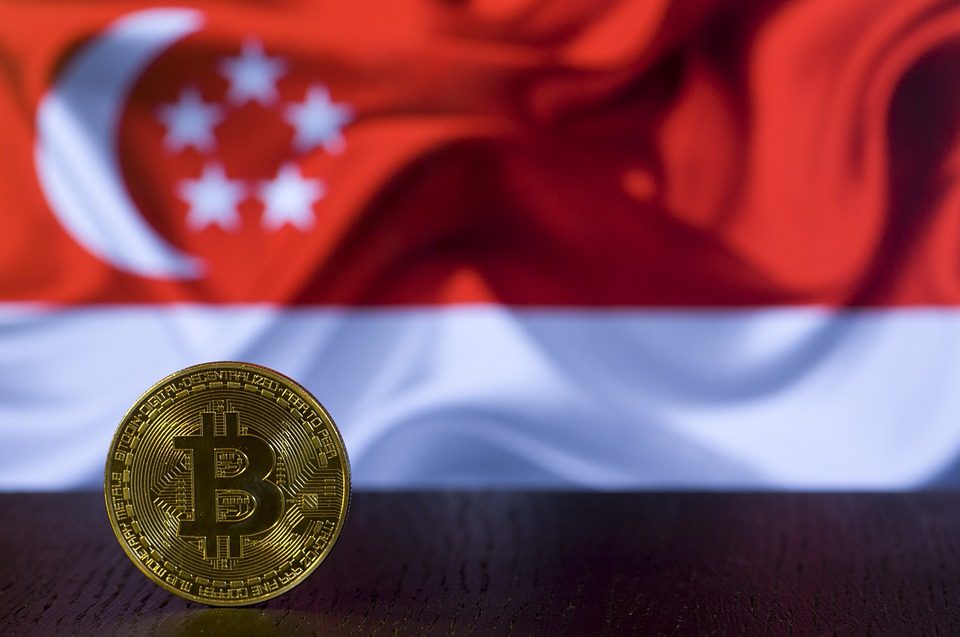The Singapore government will set aside an additional S$300 million to co-invest in deep-tech startups, Deputy Prime Minister and Finance Minister Heng Swee Keat said on Tuesday.
Start your deal-making journey now!
Subscribe now to enjoy unlimited access at just $59.
Premium coverage on private equity, venture capital, and startups in Asia.
Exclusive scoops from our reporters in nine key markets.
In-depth interviews with industry leaders shaping the ecosystem.
Already a Subscriber? Log in
Contact us for corporate subscriptions at subs@dealstreetasia.com



